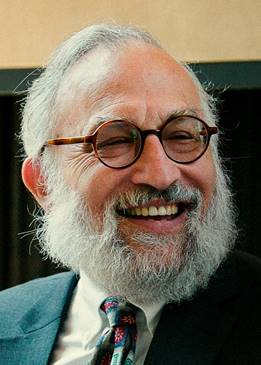Most Americans have reacted with horror to the Russian invasion of Ukraine. There are many reasons why it has affected so many of us in the Jewish community so powerfully. Many American Jews have ancestors from Ukraine, and some still have relatives there. We remember the historic hostility of Ukrainians towards Jews. The invasion reminds older Americans of the Cold War and brings fears of its recurrence; it is a battle between tyranny and democracy. And current technology has brought the war directly into our living rooms.
QUESTION 1:
“God made human beings in God’s image; male and female God created them.” (Genesis 1:27)
How does the fact that Ukrainians are white and European figure into the reactions of Israelis and American Jews? Does this tell us anything about how American Jews respond to the plight of Palestinians in the West Bank and Gaza?
QUESTION 2:
“The more the Israelites were oppressed, the more they increased and spread out, so that the Egyptians came to dread the Israelites.” (Exodus 1:12)
Most of us have watched Ukrainian President Volodymyr Zelensky with admiration. His powerful encouragement of his people’s resistance has proved inspiring across Europe and North America, and we have responded by supplying arms and organizing economic resistance. By contrast, many regard those who have organized resistance among Palestinians as criminals, and efforts to organize political, nonviolent resistance have met with overt hostility within the Jewish community. Are not Ukrainians and Palestinians both struggling for freedom, democracy and self-determination? How do we explain the difference?
QUESTION 3:
“A new king said to his people, “Look, the Israelite people are much too numerous for us. Let us deal shrewdly with them, so that they may not increase; otherwise in the event of war they may join our enemies in fighting against us.” (Exodus 1:9-10)
While the occupation of the West Bank and Gaza are the result of hostilities with Jordan, Syria and Egypt in 1967 and 1973, the Palestinians are not Jordanian, Syrian or Egyptian. How do we justify their subjugation? Can we work together to remove the obstructions to a two-state solution?
QUESTION 4:
“This is what I desire … to let the oppressed go free; to break off every yoke.” (Isaiah 58:6)
In this context, how do you view the seizure of Palestinian lands to expand Israeli settlements? How would you like to reshape discussion about Israel and Palestinians in the American Jewish community? In Israel?







